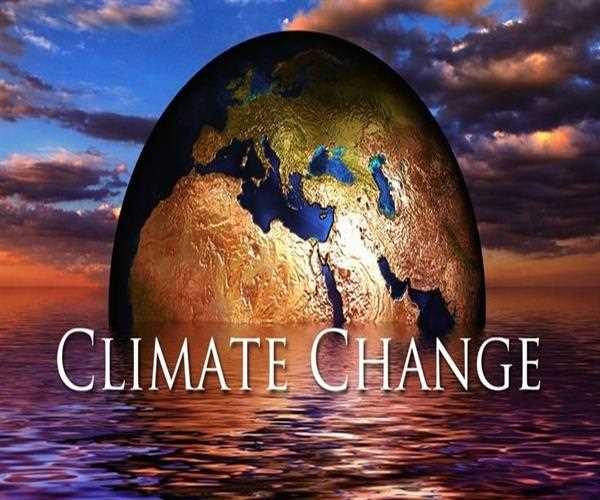During the 29th United Nations Framework Convention on Climate Change meeting held in Baku, Azerbaijan, key stakeholders tapped a significant decision regarding climate finance for the developing countries. Donor countries in the developed world are on record for an annual commitment of at least $300 billion in the period leading to 2035 for the climate action in these nations. Still this is being seen as being very promising compared to previous commitments but still lacking the $1.3 trillion annually that has been considered necessary.
The conference also completed the rules on international carbon trade under Article 6 of the Paris climate change accord. This development seeks to establish a permanent market for carbon credit with the aim of helping the countries sell or purchase credits in order to ease out on the emission reduction measures. The creation of the UN registry to record these transactions will therefore increase the transparency in carbon markets.
Although there were certain achievements made, COP29 had its fair share of problems that it encountered. The host nation, Azerbaijan, an oil and gas producing country, was accused of conflict of interests and abuses of human rights. Also, Trump’s re-election in the United States increased uncertainty on the climate change policy since he pulled out of the Paris accord.

The developing countries complained that the $300 billion a year promise did not suffice to tackle the increasing effects of climate change they are experiencing. Some called for increasing the funding rate to $1.3 trillion per year by 2035 because what was pledged and what is required to achieve genuine climate solutions are two different things.
Finally, the COP29 has produced some important decisions regarding climate finance as well as the regulation of carbon markets. Though, it is important to point out that there were debates between the first world countries and the third world countries with regards to who should bear the cost of climate change measures. These outcomes indicate the importance of improvement of global cooperation and increase of commitments to mitigate climate change.
Conclusion
In conclusion, The outcomes of COP29 highlight both progress and persistent challenges in global climate action. In this regard, commitments on financial instruments and carbon markets remain but fall short of responding to the needs of the vulnerable countries. Enhanced cooperation, more money, and higher responsibility are needed to implement real climate change solutions and bring them in line with the scale of the problem.